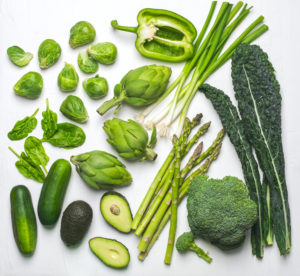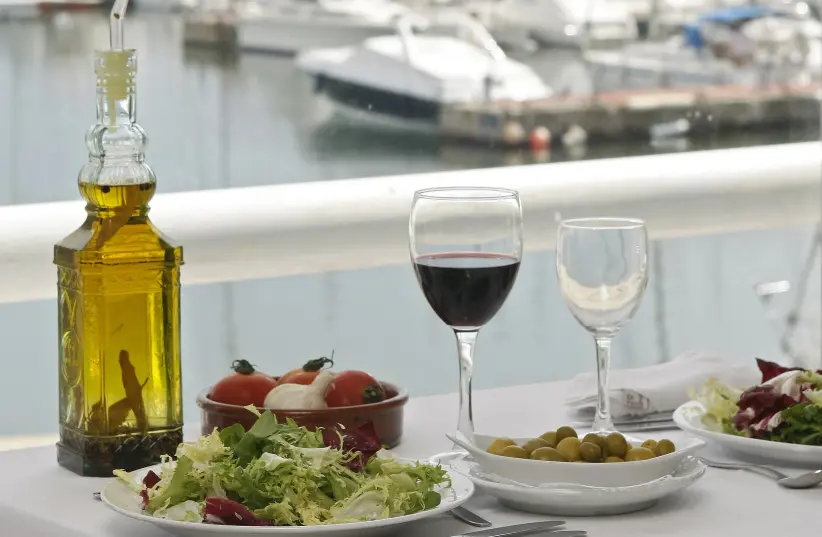
A Green Mediterranean Diet Could Mean More Weight Loss
A Green Mediterranean Diet Could Mean More Weight Loss
November 24, 2020
NBC’s Today — The Mediterranean diet is regarded as one of the healthiest diets to follow, but what happens when you follow a “greener” version of it?

A “greener” form of the Mediterranean diet that contains more plant matter and far less red meat and poultry than the traditional version, may be even more heart healthy, especially in men, according to a BGU study published Monday in the journal Heart.
The original version of the diet has been linked in numerous studies to a lower risk of coronary heart disease, stroke and diabetes. Its impact is thought to be related to higher dietary intake of fruits, vegetables and whole grains, and a lower intake of red meat.

Prof. Iris Shai
“The main message of this study is that a Mediterranean diet further restricted in red meat consumption and with a parallel increase in green-plant–based protein with high polyphenol and phytosterols content may provide greater cardiometabolic protection compared to a healthy Mediterranean diet and it will aid in reducing LDL-cholesterol,” says study co-author Prof. Iris Shai of the Department of Epidemiology at BGU’s School of Public Health and an adjunct professor at the Harvard T.H. Chan School of Public Health in Boston.
“This was especially remarkable in the unusual and significant 4% reduction in ‘bad’ cholesterol (LDL) and a 20% regression in low-grade systemic inflammation,” says Prof. Shai.
To explore whether the green form of the Mediterranean diet might be superior to the original, Prof. Shai and her colleagues rounded up 294 sedentary and moderately obese adults whose average age was 51 and randomly assigned them to one of three groups.
The first group received guidance on boosting physical activity and achieving a healthful diet.
The second group got the same encouragement to increase physical activity plus advice on following the traditional Mediterranean diet with calories restricted to 1,500 to 1,800 per day for men and 1,200 to 1,400 per day for women.
The third group received the same physical activity advice plus advice on following the green Mediterranean diet with the same calorie restrictions as the second group.
The third group was also encouraged to avoid red and processed meats, to consume 28 grams/day of walnuts (about 7-8 walnuts), to drink three to four cups/day of green tea and to eat higher quantities of plant matter, including 100 grams of frozen cubes of wolffia globosa in a shake as a substitute for meat.
Wolffia globosa, also known as duckweed, “has been consumed as human food for hundreds of years, mainly in Laos, Vietnam and Thailand, where it is called ‘meat for the poor’ thanks to its high protein content,” explains Prof. Shai. You can buy it as a powder supplement or in frozen form.
When Prof. Shai and her colleagues compared the three groups they found that participants in both Mediterranean diet groups lost more weight than the healthy eating group.
Participants on the green Mediterranean diet also saw bigger decreases in LDL cholesterol.
Those on the green Mediterranean diet also experienced larger improvements in blood pressure, insulin resistance and C-reactive protein, an important marker of inflammation.



